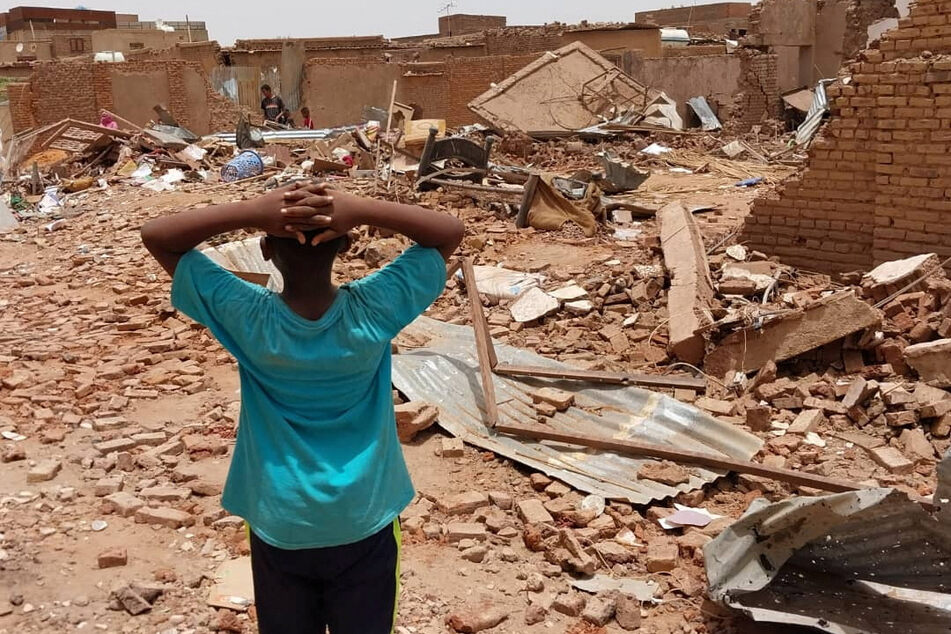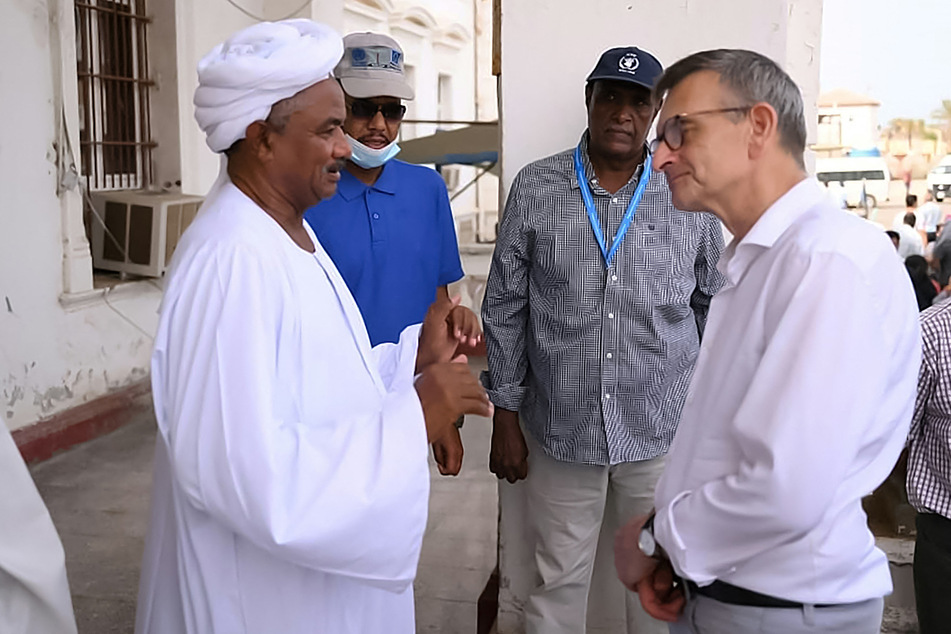Sudan ceasefire fails as WHO warns of "huge biological risk"
Khartoum, Sudan - The UN special envoy to Sudan said Tuesday there is no sign the country's rival military forces are willing to negotiate with each other as fighting continued despite a three-day ceasefire.

Volker Perthes told an emergency meeting of the UN Security Council the two warring parties remain convinced that "securing a military victory over the other is possible" and that neither is "ready to seriously negotiate."
"This is a miscalculation," said Perthes, speaking to the council from the city of Port Sudan.
The envoy said he is in regular contact with rival generals who are battling for control of the north-east African country, where heavy fighting broke out more than a week ago.
De facto president Abdel Fattah al-Burhan, who is also commander-in-chief of the army, is fighting with the military against his deputy Mohammed Hamdan Daglo, the leader of the powerful paramilitary group Rapid Support Forces (RSF).
The two men have led the gold and oil-rich country of some 46 million people since a military coup in 2021.
According to information from the World Health Organization (WHO), at least 460 people have been killed and almost 4,100 injured in the fighting. The true figure, however, is likely to be much higher.
Ceasefire breaks down in large parts of Sudan

Perthes said a 72-hour US-brokered ceasefire that went into effect on Tuesday was holding in "parts" of the country, but that clashes had escalated in others.
Fighting has "largely continued or in some cases intensified" around Khartoum's international airport, the official residence of the president, military sites and other strategic locations, he said.
Airstrikes and heavy shelling have also continued, especially in the cities of Khartoum Bahri and Omdurman.
As food and water supplies run low amid supply line disruptions, there were also numerous reports of homes being broken into, houses and shops looted, and cars stolen at checkpoints.
Meanwhile, a WHO spokesperson said that a central medical laboratory had been occupied by fighters, causing "huge biological risk." The staff had been thrown out.
The WHO representative in Sudan, Nima Saeed Abid, warned that biological material was stored in the laboratory and should not be released under any circumstances.
Cover photo: REUTERS

